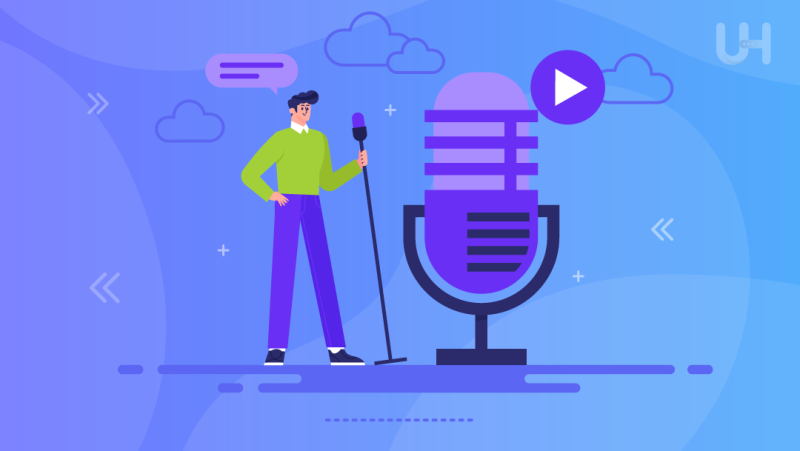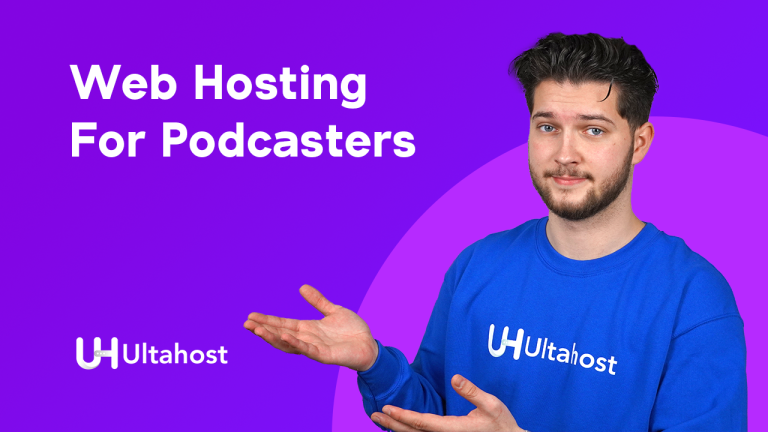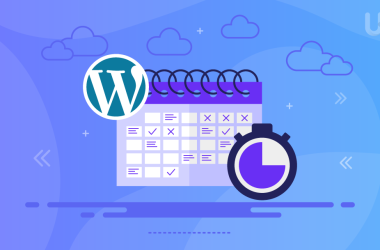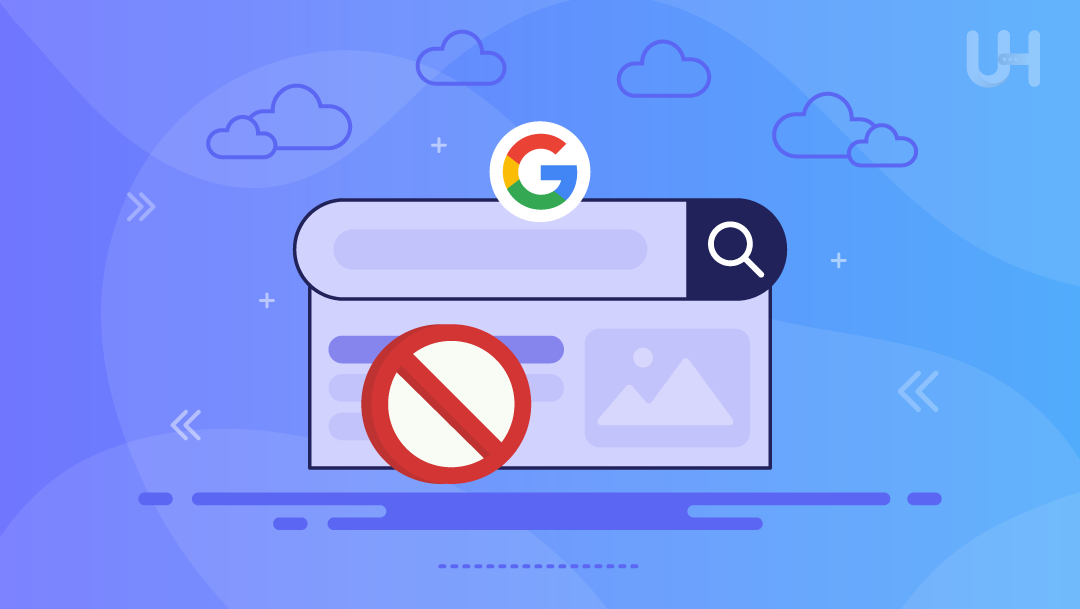Podcasts are one of the most vibrant forms of content delivery in the digital age. Throughout the years, podcasts have evolved from specialized themes to mainstream discussions, providing people worldwide access to an endless possibility of topics and viewpoints. What does this material entail- what exactly is a podcast, and how does it work?
Through this guide, we will uncover the basics of podcasts range, from their definition to their types and their advantages and disadvantages. Further, we also explain how to get and use podcasts. Consequently, whether you are just getting launched or have been listening to podcasts for quite some time, the article covers all aspects of podcasts.
What is Podcast?
A podcast represents the modern equivalent of radio broadcasting in the digital era. It is a digital audio file made available to the public for asynchronous access and transmitted or streamed via the Internet.
The name carries a unique etymological history, as the concept of the podcast was coined in 2004. Adam Curry, a former MTV video jockey, and Dave Winer, a software developer, developed the program “iPodder,” or Juice. This pioneering application enabled the download of internet radio broadcasts to the iPod. Hence, the term podcast results as a marriage between iPod and broadcasts.
Podcasts have become a type of audio work, gaining popularity after appearing as download radio shows. They often represent the series designed and published by the hosts, sounding publicly on the internet. Upon publication, subscribers can access each new episode of a podcast.
Particularly, podcasts are different from other media productions, such as television and radio. This media is less regulated because one does not need a broadcasting license to distribute a podcast. It only requires a microphone and some recording software to create a podcast or have access to a platform to host it.
How Do Podcasts Work?

In the content creator’s playbook, podcasters face no challenges, as the episodes’ development and collaboration are conducted with ease. Once the recording and editing process is finalized, the podcasters publish their episodes on the designed VPS hosting platform. Then, they submit their show’s RSS feed to established directories, including Apple Podcasts, Spotify, and Stitcher. The podcast directories play a significant role in the podcasts’ functioning process, as they function as platforms in which users can view, follow, and listen to different podcasts available in the directory. Choosing the right hosting provider can greatly impact your podcast’s performance.
The Best And Reliable Web Hosting For Podcasters!
Ready to take your podcast to the next level? Take full advantage of UltaHost’s ultimate web hosting solution tailored for podcasters. Elevate your podcasting journey with reliable hosting services and increase reach today!
Types of Podcasts
Podcasts generally fall on a broad spectrum of topics and formats and can encompass anything and everything. The categories of conversational podcasts, narrative nonfiction, scripted fiction, and repurposed content describe the most common formats within the genre. Still, the podcast has room for countless vehicles that cater not just to various interests but also to diverse tastes and preferences. As a result, podcast genres vary significantly, and popular categories as of October 2021 include comedy, news, true crime, and sports.
Conversational Podcasts
Spontaneous expressions between hosts or guests and unscripted dialogues characterize conversational podcasts. Thus, such podcasts almost naturally raise topics of the entertainment industry and recent events, present individual memories, or discuss everyday life. The strength of conversational podcasts lies in the informal and authentic sharing of views conducive to the virtual bond between hosts and the audience. Among the widely known conversational podcasts are The Joe Rogan Experience and Armchair Expert with Dax Shepard.
Narrative Nonfiction
Narrative nonfiction podcasts are another popular genre in which a narrator tells compelling stories based on events, everyday experiences, or investigations about a real person or occurrence in a first-person or third-person narrative. Podcasts in this genre encompass elements of journalism, fiction storytelling, and documentary podcasting. Some of the topics incorporated in these podcasts include true crime mysteries, history, and science fiction extended to creative strangeness and investigation. The best examples of this genre include Serial, The Daily, and This American Life.
Scripted Fiction
Scripted fiction episodes involve listeners in the reality of fictional worlds through narrated storytelling, voice acting, sound design, and music. Drama, mystery, science fiction, and fantasy are only the start. These scripted episodes, also referred to as audio dramas or radio plays, convey compelling tales developing around people, places, and events. From complex, intriguing characters and perplexing plots to atmospheric settings – scripted fiction lures the audience with fascinating immersion. For example, some of the best-known are “Welcome to Night Vale,” “The Bright Sessions,” and “Limetown.”
Repurposed Content
Repurposed audio and visual content into podcast format – these kinds of podcasts use already existing audio or video content, including radio programs, interviews, lectures, or archival materials, and repackage them in the form of podcasts to make them easily accessible for fans of specific persons, topics, or media. They are usually “clips” rather than full-length episodes, with interesting and tasty segments for a quick listen on the go. The examples are “TED Talks Daily,” “The Daily Show With Trevor Noah: Ears Edition,” and “The Joe Rogan Experience: Clips.”
Pros & Cons of Podcasts
The podcasting platform has numerous advantages, which make it extremely valuable for content producers. However, it also implies some disadvantages. Let’s take a look at both:
Pros
- Low-cost production – Any person or organization can start a podcast with minimal upfront financial investment.
- Accessibility – People can listen to podcasts at any time, which helps to increase engagement on the other end.
- Informative – Content producers can convey necessary and useful information about various fields to the listener.
- Growth in the audience – If the content is informative, it can be spread by word of mouth, which will help it be heard by different people interested in the broadcast themes.
Cons
- Time-consuming: Making a podcast takes a lot of time to produce, record, edit, and promote. Therefore, creators need to plan their time properly.
- Audience unattainable: Despite the broad and rapidly expanding podcasting audience, not everyone wants to or is able to listen to podcasts. Thus, creators need to evaluate their audience’s interests and abilities before using resources.
- Entertaining factors: Creating and editing a podcast should contain an entertainment property. Any creator has to make interesting content to engage the audience; hence, they must plan proper outlets.
How to Listen to Podcasts?
To access podcasts, your first step is selecting a suitable directory, and numerous options are available, including:
- Apple Podcasts
- Google Podcasts
- Spotify
- Stitcher
- Overcast
- Podcast Addict
Some directories offer advanced features such as customizable playlists, sleep timers, smart playlists, and personalized show recommendations based on your preferences.
Regardless of your choice, download the respective app from the Apple App Store or Google Play Store. Utilize the app’s search feature to explore shows of interest. You can instantly listen to individual episodes, download them for later consumption, or subscribe to shows for automatic updates to your playlist.
Conclusion
To sum up, podcasts have developed into a powerful and versatile medium, spreading from indistinct margins into a new era of communication. This overview has outlined their origins, types, and uses, providing practical tips for both experienced customers and beginners to better understand the diverse field. Therefore, explore the podcast realm, discover new themes that fascinate you, and let the audio’s power guide you on an exciting voyage of knowledge and interaction.
Podcasters must have an effective strategy and a secure podcasting website. UltaHost offers services like robust CMS, 24/7 support, one-click podcasting tools, and SSL Certificates for optimal performance and security.
FAQ
Can I listen to podcasts offline?
Yes, many podcast apps allow you to download episodes for offline listening, enabling you to enjoy your favorite podcasts without an internet connection.
Are there video podcasts?
Yes, video podcasts exist alongside audio versions and are accessible on platforms like YouTube.
How do I start my own podcast?
You can start with basic recording equipment and a hosting platform supported by online tutorials.
Are there age restrictions for podcasts?
While podcasts generally have no age limits, some may contain mature content, so it’s wise to check ratings.
Can I find podcasts in other languages?
Yes, podcasts are available in various languages and searchable on many platforms by language filters.









